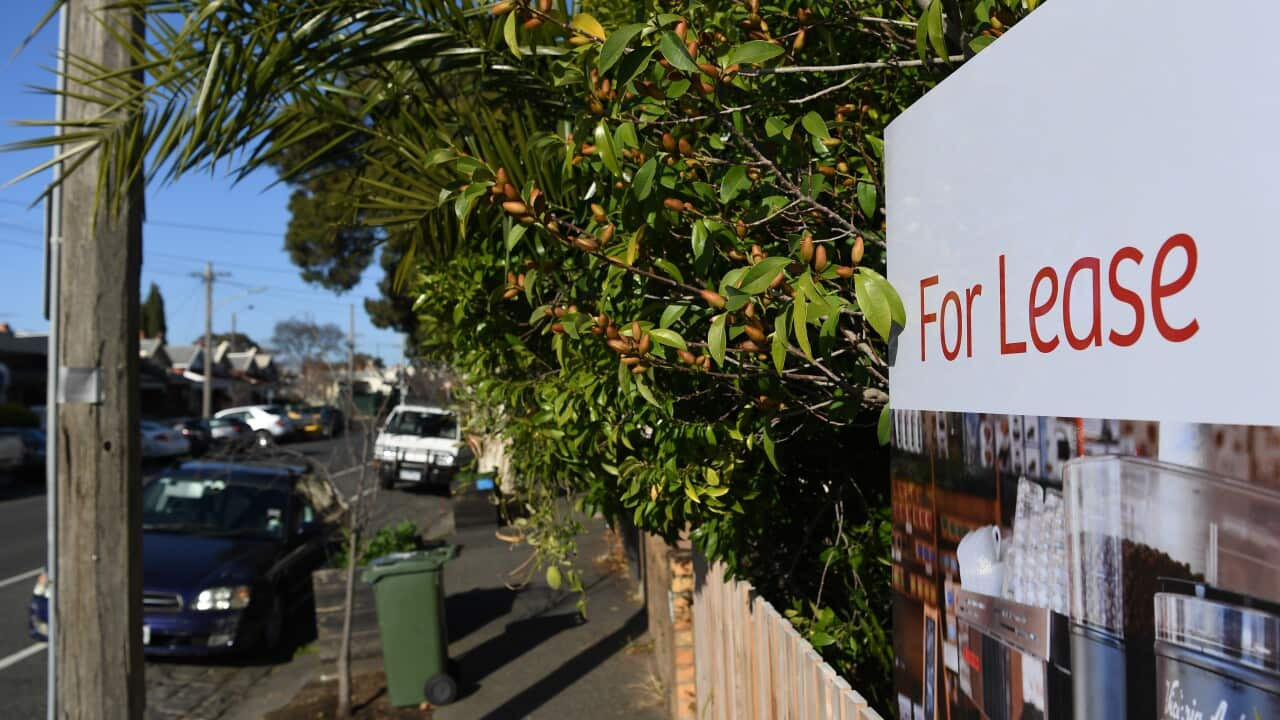Key Points
- Landlords viewed refugees as riskier tenants, research shows.
- Experts said refugees are at a disadvantage compared with other tenants with a rental history.
- Tenants with a refugee background said they felt demoralised with the treatment.
With rental vacancy rates desperately low, the fight to find a new home is challenging, but for refugees, it is even harder.
A study published in the latest issue of peer-reviewed international journal Housing Studies found refugees are regularly discriminated against in a tight rental market.
The paper, published this month, focused on refugees with large families - including at least four children - in Adelaide.
It also canvassed the perspectives of real estate agents, landlords and settlement service providers to pinpoint the "pervasive nature of discriminatory practices".
"Probably 80 per cent of landlords refuse to rent to anyone that (is) black," said one agent cited in the paper.
One property owner explicitly told the researchers "'I probably wouldn't have refugees in one of my nice properties" because they are "angry and war torn".
Landlords viewed refugees as riskier tenants, conflating them escaping conflict-hit countries and their future behaviour as home occupants.
"(Refugees will) punch holes in walls, you can see that," the same landlord added, even though she had not rented her properties to any refugees.
Another landlord admitted he would not lease his property to a particular refugee family because it would result in "chaos" since "their country is so damaged".
A tenant with a refugee background was demoralised by how her father was treated by agents and lessors, with an undercurrent of racism prevalent in their interactions.
"They're being racist to you, it's so bad, it's crazy. Like you feel so sad ... And my Dad ... I was just calming him down. It's like 'Dad, it's OK, we'll find a house'," she said.
Lead author Anna Ziersch said with the chronic shortage of rentals nationwide and a lack of formalised process in choosing tenants, refugees are at a disadvantage compared with other tenants with a rental history.
"Housing and cost of living are very tight now, so there's a lot more competition," the Flinders University associate professor told AAP.
"Once you have competition, power dynamics and risk assessment in the private rental market can work against people from a refugee background.
"One of the things that were quite striking was about half the lessors blatantly saying they would discriminate against people and they didn't see why they shouldn't be able to do that with their own properties."
Ziersch also noted that racial bias could stem from how refugees are talked about by media and politicians.
"Some of the negative discourse around asylum seekers and refugees plays into it (the selection process) where landlords think people are going to be problematic because of their refugee background," she said.
"There's this whole other game being played and you know (as a refugee) you're not faring well, but maybe don't understand the dynamics behind it."
Ziersch said the private rental market needed to be regulated with input and enforcement from industry bodies.
"It's the informal nature of the private market that allows for rife discrimination," she said.
Ziersch suggested clear clauses should be written into contracts ensuring equal opportunities for all tenants seeking a specific property, and that breaching them should be penalised with fines.
But Tim McKibben, CEO of the Real Estate Institute of NSW, said the market was too tightly regulated and that undersupply of rental properties was the main problem.
"The rental market is over-regulated because legislation is constantly changing," he told AAP.
"The landlord is seen as providing to some extent social housing, and they're not. They're an investor and they can put their money anywhere."
McKibben called on the federal and state governments to stop engaging in the "smoke and mirrors of populist politics" and deal with the rental crisis directly by getting more properties on the market.
"It's supply and demand. It's Economics 101," he said.














